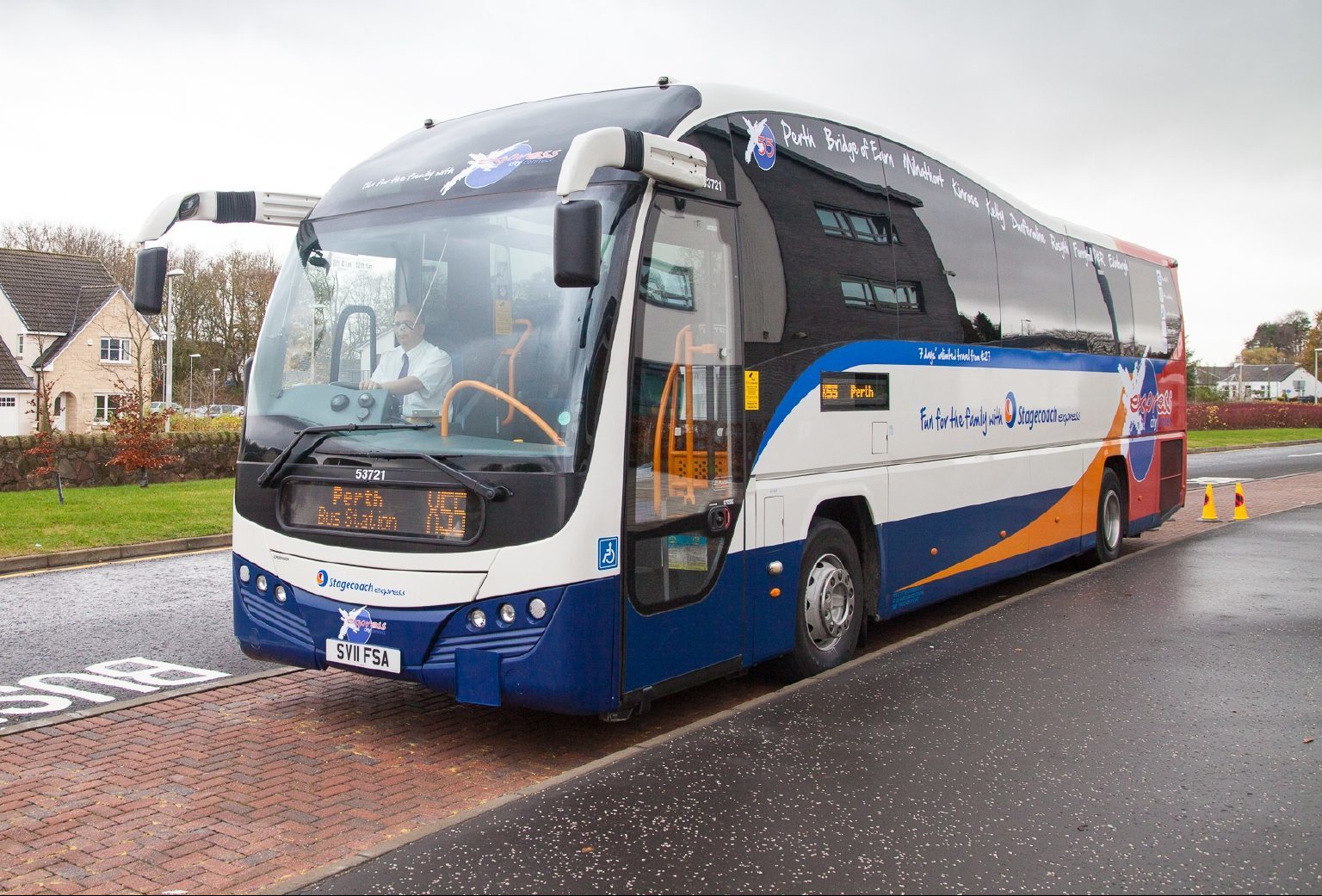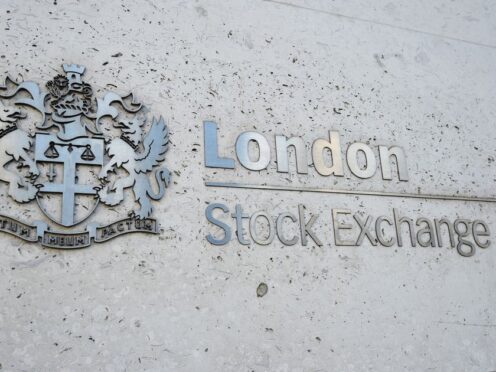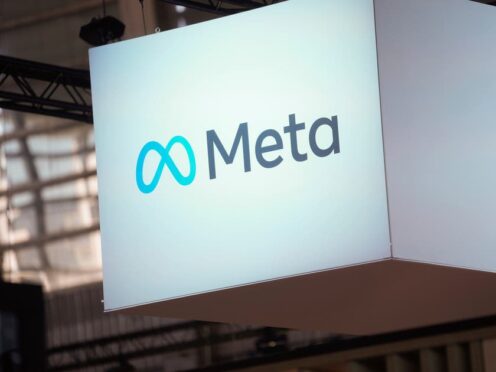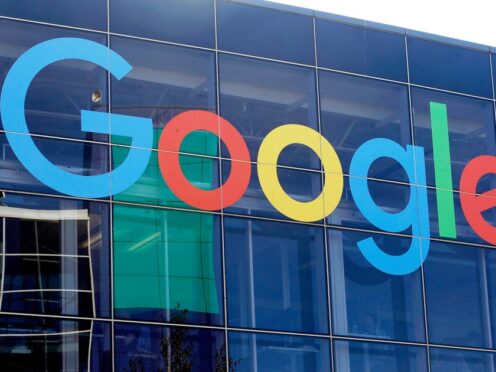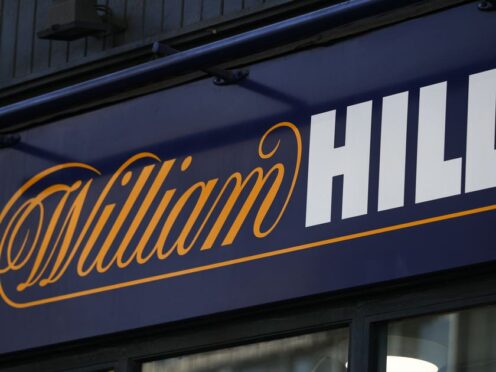Perth-based transport group Stagecoach encountered challenging conditions in its home and overseas markets over the summer.
Like-for-like revenue on the Virgin Rail’s West Coast franchise growing by 4.7% was the highlight of the group’s trading performance in the 16 weeks to August 20.
The growth was ahead of UK Rail Division, including Virgin Trains East Coast, at 1.7%, where the inter-city businesses outperformed the London commuter bus network.
Revenue fell by 3.3% in the North American bus operation; by 1.9% in UK Bus regional sector and by 0.9% in the London bus division.
UK Rail industry revenue growth slowed over the last year and the outlook for the industry was uncertain.
Revenue figures for the summer period can be affected by the timing of school holidays, rail industry settlements and other factors.
The additional issues were weakening consumer and business confidence, increased terrorism concerns, sustained lower fuel prices, car and air competition, slower UK GDP growth and slowing growth in real earnings.
The group said it would continue to take steps to mitigate the effects of lower revenue growth by focusing on cost control as well as initiatives to grow revenue.
Actions were being taken to improve revenue on the Virgin Trains East Coast franchise, which still has over six years to run.
In the other divisions, passenger volumes were weaker in UK Bus regional operations, due to weak underlying local economic conditions in some parts of the UK and lower fuel prices.
Stagecoach continued to adjust its bus networks in response to changing demand, and it saw prospects for improving revenue trends later in the year through enhanced marketing and further developing the digital offering.
Megabus Europe completed the sale of the retailing part of its business to German operator FlixBus, and it will transfer some vehicles to the new owner.
The UK Bus (London) division suffered a small net reduction in contracts with Transport for London, but the group believed in its strategy of bidding prudently, and still aimed to deliver long-term operating margins in excess of 7%.
Trading at Megabus.com inter-coach division in North America remained challenging because of sustained lower fuel prices and heightened car and air competition.
The 3.3% decline included a 10.1% decline for megabus.com, partly reflecting mileage reductions in the market and customer demand.
Stagecoach expects group earnings per share for the year to April 2017 to be in line with expectations, but admitted there is a higher than usual degree of uncertainty in forecasts.
